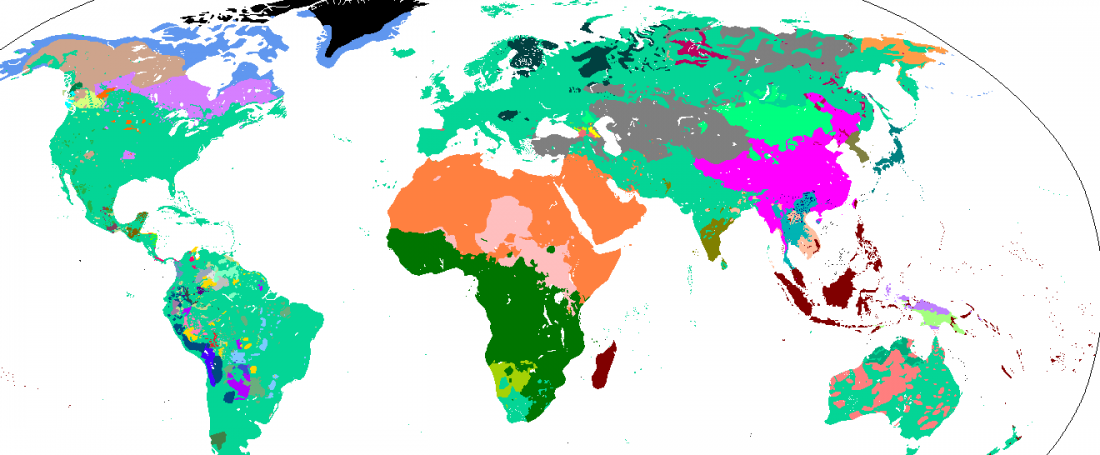An interesting essay by Arika Okrent has appeared in Aeon – Is linguistics a science? It concerns the central position of Chomsky’s Universal Grammar to modern Linguistics, and revolves around a story in Tom Wolfe’s book The Kingdom of Speech (2016), Everett’s discovery of the Pirahã culture’s (and language’s) emphasis on the here and now: not embedding one phrase inside another, the simple kinship system, lack of numbers, and absence of fiction or creation myths. Some excerpts of the essay:
… Read the rest “When linguistics does not seem to be a science”This looks suspiciously like defiance of a central feature of the scientific archetype, one first put forward by
